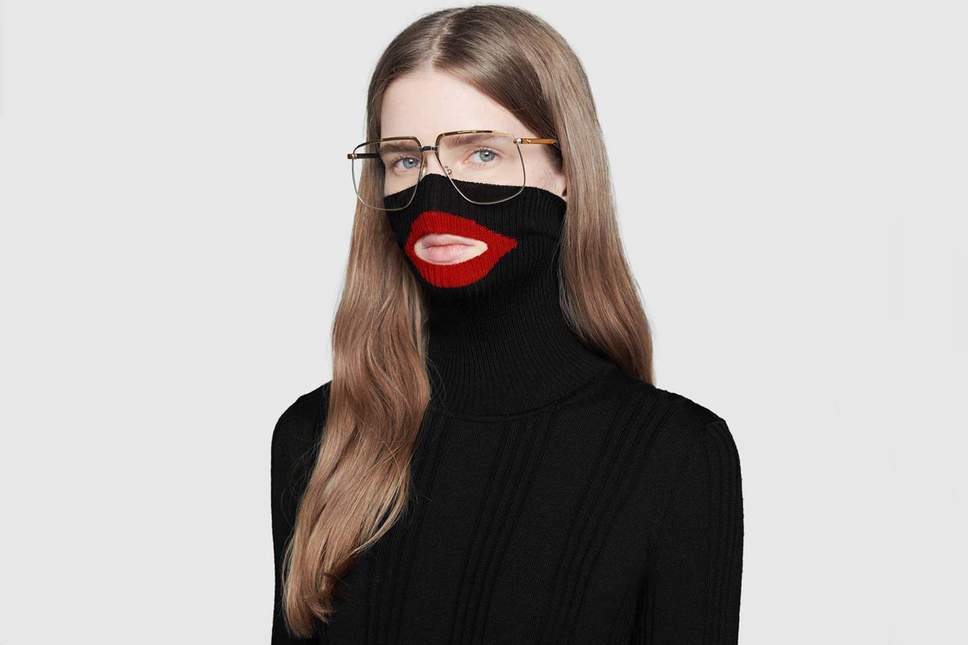
From Gucci to H&M, it seems like no company is spared from controversy. However, it seems that the backlash never seems to last.
Let’s start with H&M and its advertisement of an African American boy in a sweatshirt with the words “Coolest monkey in the jungle.” This ad was cast as racist because of the history of the frequent racist comparisons of African Americans to monkeys. While it may not be intentionally racist, it should be regarded, in the very least, as insensitive. After an apology to the public, H&M followed up with a sale promotion that some people linked as a way to boost sales after the backlash.
Do corporations intend to create controversy, or is it simply human error? We don’t know for sure; as controversy comes and goes, so does backlash. Like in politics, consumers have short memories. Odds are, if you shopped at H&M before the racist advertisement, you still do now. Companies may fall out of the grace of the consumer, but the companies don’t worry too much as they know their mistakes will eventually be forgotten.
Most recently, a corporation that has created controversy is Gucci with the sale of a blackface-imitating sweater. This created an arguably still-standing boycott by a lot of entertainment figures and artists alike, which ultimately translated to a boycott by everyday consumers. Soulja Boy, who was notoriously known to wear a Gucci headband often, boycotted the brand after the incident and appears to still be continuing the boycott. However, since the start, there have been entertainers who have refused to take part in the boycott such as prominent figures Floyd Mayweather and Young Thug, who even posted on social media a video of him sporting what appears to be the racist sweater.
On the flip side, there have been figures who have stayed true to the boycott. For example, rapper T.I. was recently seen interrogating another African American male on why he was wearing Gucci. T.I. went on to say, “It’s what’s in ya, not what’s on ya. We make that shit fly.” T.I. effectively points out the purpose of consumer activism that results in boycotts. The purpose of the boycott is to tell corporations that that their actions must not degrade any groups. In this event particularly, the boycott was an attempt to demonstrate to Gucci that its racist action toward African Americans is demeaning and will not be accepted. Those that still wear Gucci, as pointed out by T.I, are illustrating subconsciously that they do not value Africans Americans and their portrayal in media enough to stop wearing Gucci. Boycotting Gucci is a call to respect African American people and culture. This is noteworthy because it’s undeniable that African American artists have contributed to the clout Gucci maintains, and hip-hop and R&B are predominantly filled with African American artists who set trends young people follow.
There may be one main reason why boycotts with good intentions don’t have the effect desired: People tend to forget why there’s a boycott and don’t acknowledge the real reasoning behind the boycott. Likewise, there is the feeling that consumers’ voices do not matter. Let me remind you that it is the consumer’s grace that pushes a company to grow.
As a consumer, remember to participate in consumer activism.


